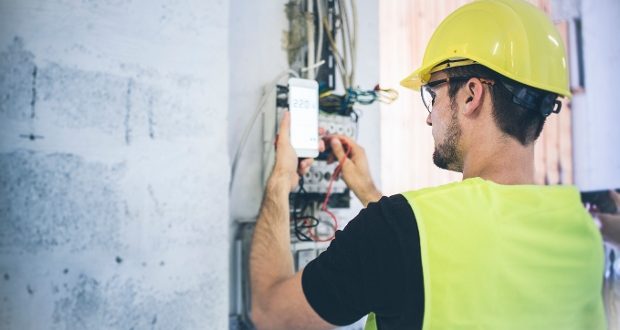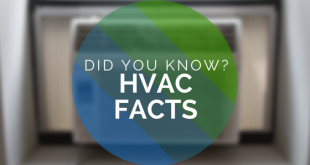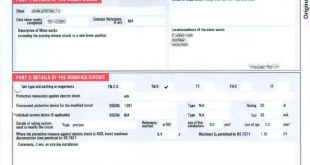Being a landlord can be a remunerating method for enhancing your salary, however you are committed to meet various safety and security criteria, one of the most significant being electrical safety certificate. Around 30 passings and 4,000 mishaps occur in the UK consistently in light of family unit electrics, so don’t wrongly think they couldn’t occur in one of your properties.
The law says that you should guarantee every single electrical establishment and machines you give are protected, however how these principles are deciphered are less obvious. This is what you have to know.
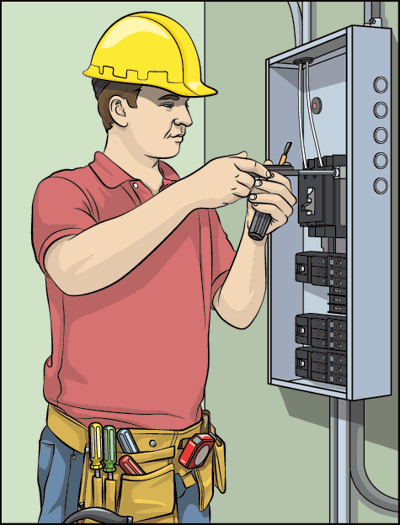
By law you should ensure:
Every single electrical establishment, for example, attachments and light fittings, are sheltered when occupants move in and are kept up for the span of the tenure. Every single electrical apparatus you give, for example, cookers and clothes washers, are sheltered and have at least the CE stamping.
A review and test is completed like clockwork if the property is a House in Multiple Occupation (HMO), or, because of ongoing enactment changes, the property is in Scotland, HMO or something else.
These are the essential lawful necessities proprietors must attempt, and albeit standard reviews by enrolled circuit repairmen are not compulsory (except if the property is a HMO or in Scotland), you should complete fundamental safety checks normally at any rate to ensure everything is all together.
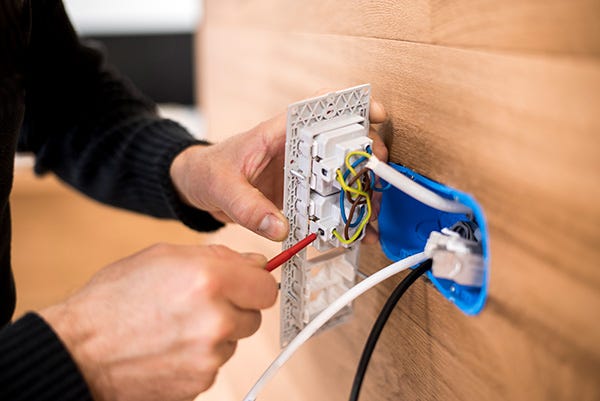
Lawful commitments for landowners
What are the outcomes of neglecting to agree to electrical safety guidelines?
In the event that electrical establishments and apparatuses gave by you, the proprietor, are seen as hazardous, you could confront:
A £5,000 fine
A half year detainment
Potential criminal allegations in case of damage or demise
Discredited property protection
Obviously, it’s to your greatest advantage to keep your property’s electrics in tip-top condition. Safe occupants are glad inhabitants (which makes the matter of letting your property a lot simpler), and safe electrics likewise incredibly limit the danger of exorbitant harm, (for example, fire) to your property. So notwithstanding the essential legitimate prerequisites sketched out over, it merits taking extra security measures.
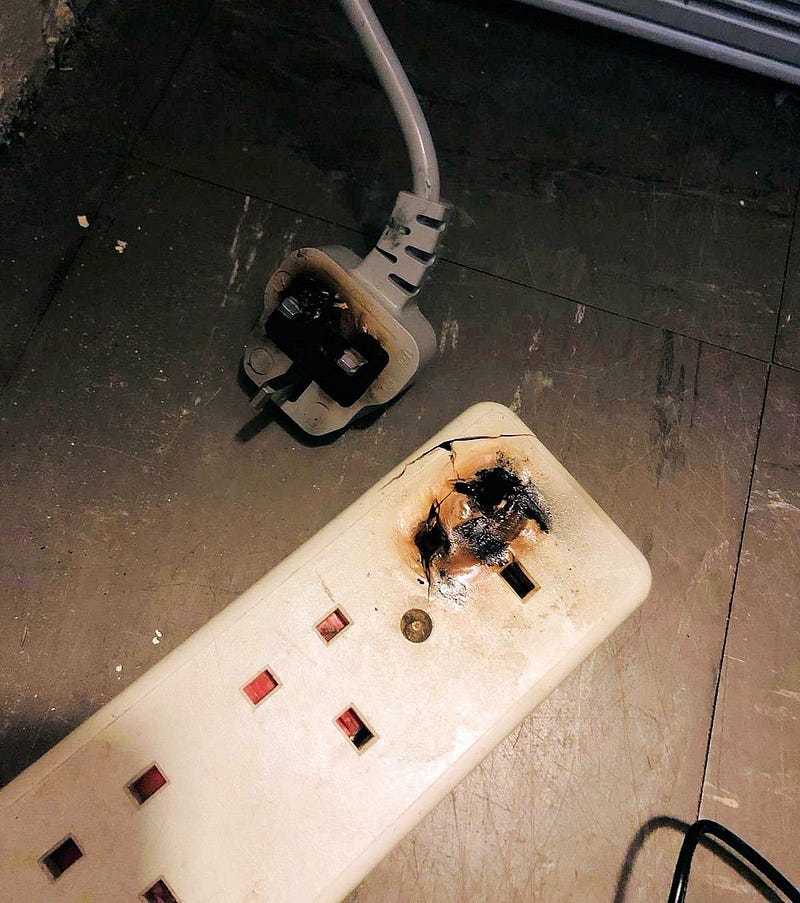
What is an Electrical Safety Certificate?
An Electrical Safety Certificate is a record given by a confirmed circuit tester to bear witness to that every electrical circuit and apparatuses in a property are in working request and safe to utilize. While it’s anything but a legitimate necessity for proprietors to acquire one in England, Wales and Northern Ireland, it is prescribed to have electrical frameworks checked each five to ten years. The investigation will:
Find any potential dangers
Uncover any poor electrical work
Show if any of electrical circuits or gear, (for example, additional lines) are over-burden
Build up if earthing and holding allots have been conveyed enough
Watch that gear can be properly adjusted
Decide the degree of any harm or mileage
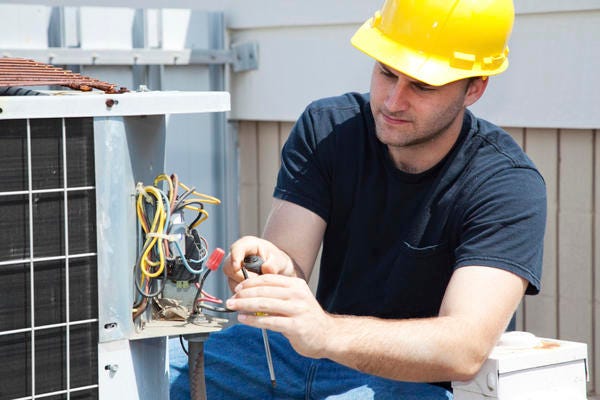
Is an Electrical Safety Certificate a legitimate necessity for UK proprietors?
While proprietors are required under flow UK law to get a Electrical Safety Certificate and do yearly checks, comparative necessities are not set up for Electrical Safety at present in England, Wales and Northern Ireland.
In Scotland, private proprietors are answerable for guaranteeing that an electrical safety study of their property is done by an enlisted circuit tester at any rate once at regular intervals, just as toward the start of another occupancy.
The individual directing the investigation must be an individual from (or a worker of a business that is an individual from) a licensed enrollment plan worked by a body perceived by the Scottish Government — this will generally imply that they are enlisted with the National Inspection Council for Electrical Installation Contracting (NICEIC) or a part firm of the Electrical Contractors’ Association of Scotland (SELECT).
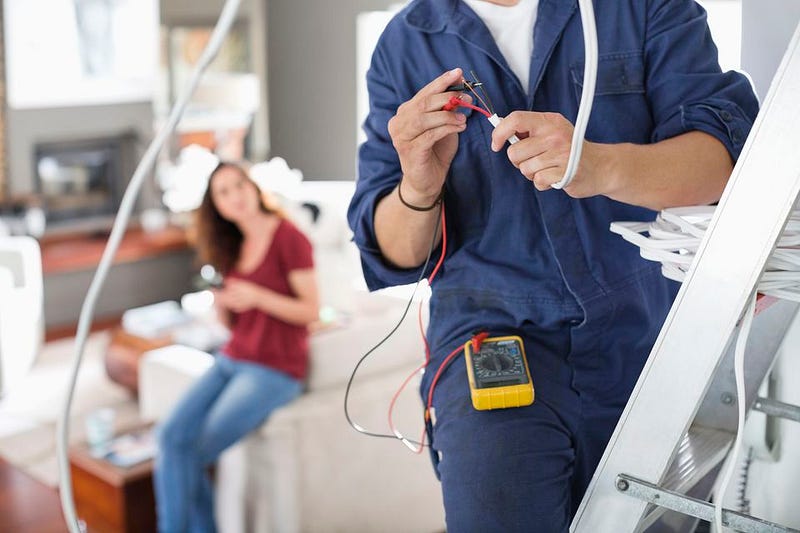
Landowner tips for top electrical safety
To guarantee the security of your occupants you should:
Ensure a leftover current gadget (RCD) is fitted to the circuit box. This counteracts deadly electric stuns and gives security against electrical flames.
Do (or commission) standard tests on every single electrical establishment (and just utilize enlisted circuit repairmen, in any event, for little occupations).
Direct customary visual examinations — frayed wires, searing and broken fittings ought to be tended to right away.
Ensure inhabitants know and approach the primary buyer unit, breakers and isolator switch in the property.
Give occupants duplicates of working guidelines for all machines you give.
Give extraordinary consideration to any recycled things you give — ensure they’re altogether tried before they’re introduced.
Stay up with the latest with wiring and lighting guidelines. There’s no law that says you need to introduce the most recent frameworks, yet best practice directs you keep them generally current.
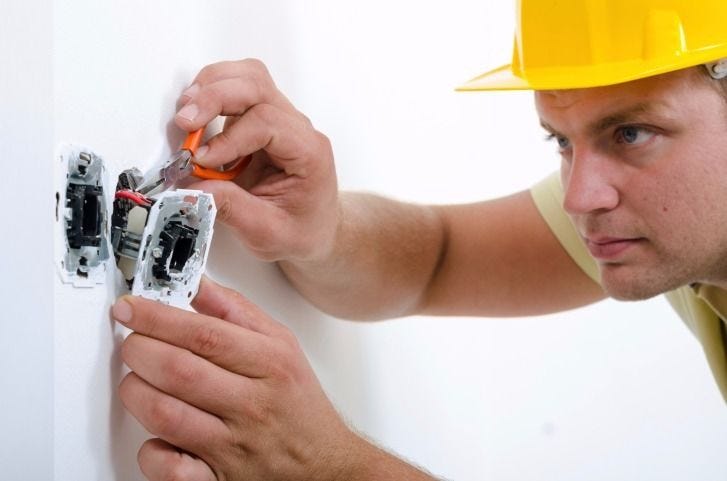
Territorial varieties
Rules and best practice vary contingent upon where your property is. As of now referenced, landowners in Scotland are currently legally necessary to have an obligatory Electrical Installation Condition Report (EICR) directed at regular intervals.
There’s no such prerequisite in England and Wales (yet), yet you could fall foul of the Landlord and Tenant Act, which expects landowners to react to any demand for fixes in a convenient way. Neglect to do as such and you could be at risk for fines or bans.
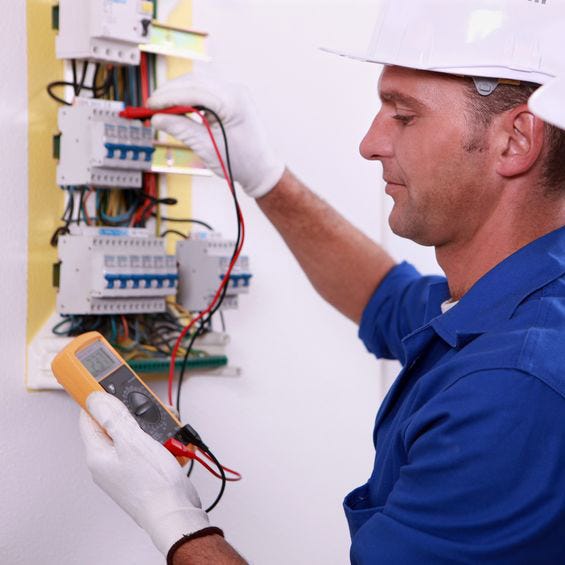
Rules in Northern Ireland are like those in England and Wales, yet the nation has its very own buyer laws and enactment on electrical gear which you should focus on also.
For more information Visit Here
 Universal Bloggers
Universal Bloggers
